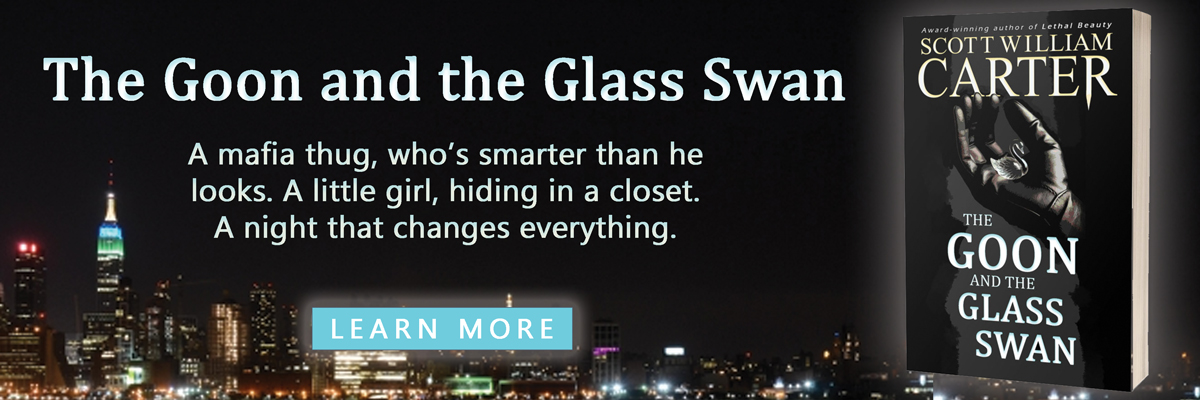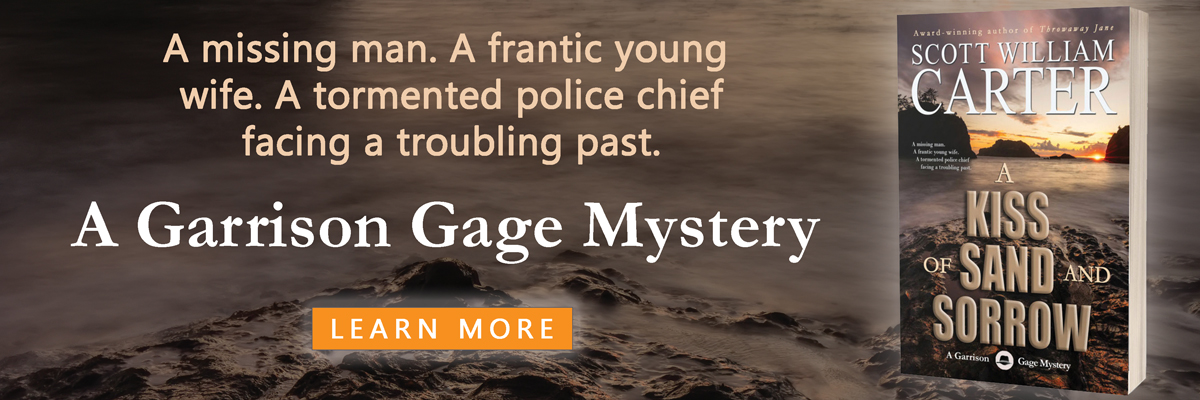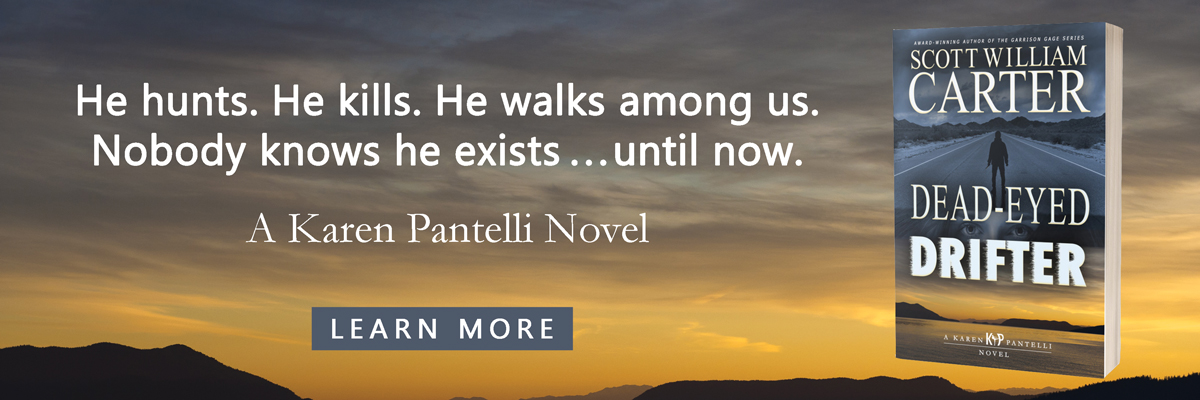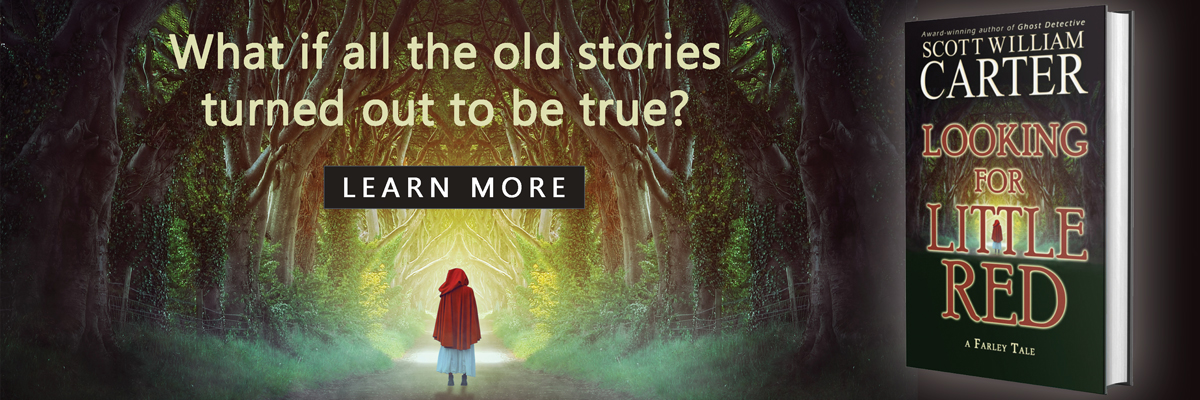I read somewhere, I forget where, that getting what you want out of life is quite simple. You decide exactly what it is you want, exactly how you’re going to get there, and then you make it happen. Simple, right? Goal, plan, execution. I’ve never doubted this as a truism for a moment, and yet it’s also obvious how hard it is for most people to implement. I’m certainly no exception. Most people have only the vague sense of what they want to accomplish in life, and of those that have a concrete goal, most either lack a plan or the commitment to make it happen. That’s why it’s so striking when you meet someone who has all the ingredients.
This weekend I went out to dinner with my friend Michael Totten, a writer who’s about to embark on a six month stay in the Middle East. Great things have been happening for Michael lately. He’s been a self-employed writer for over a year, and his blog gets over two thousand unique visitors a day. He writes mostly about politics and travel, both on his blog and in his published articles, and he always has fascinating things to say. I’ve known him since we met in a writing class at the University of Oregon in 1992 (strangely we went to the same high school, but since he was several years older, we never met), and he’s the one who introduced me to the weekly fiction writing workshop run by Kristine Kathryn Rusch and Dean Wesley Smith. Kris and Dean have been great teachers and mentors to me (much more so than any of my college professors, but that’s another story.) In fact, even though Michael writes mostly nonfiction these days, he still calls Kris and Dean his most important teachers as well.
On the way home, I was musing about all those late nights we spent at coffee shops talking about something related to writing fiction — something that seemed of vital importance to us at the time, but would probably seem pretty silly now. We took very divergent paths from that point, but we still both reached a critical juncture where we decided it was time to get serious about writing. My own commitment came at the end of 2001, spurred by my wife’s pregnancy, and I think that’s about the time Michael started to get really serious about his writing as well. His goal isn’t to be a full time fiction writer (although I’m sure he’ll write fiction again), but he does have a goal. He wants to become a renowned travel writer along the lines of Paul Theroux. Not only that, he has a plan. He’s putting himself in a place where few travel writers will go, a place that also allows him to write about politics, which he is already paid to do.
Michael and I don’t see each other much these days — in fact, we were both surprised that a year had elapsed since our last visit — but I’m still glad to count him as a friend. I’m very happy for his success. He decided exactly what he wanted, exactly how he was going to get there, and he’s making it happen. I have little doubt he’s going to get there.




